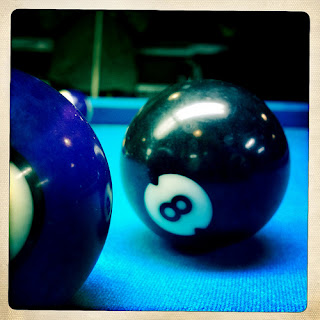Don't Waste Your Life... Test Your Career Goals
(Article written by Bruce Kasanoff originally for Linkedin.com - can be found here)
In other words, you did a quick reality check and avoided running off on a ridiculous quest for success.
Are you being as logical with your own career? There's one way to find out.
Test your goals.
The way to separate possible goals from impossible ones is to test them, in a modest way, and see what happens.
If you want to be a standup comedian, write a routine and test it in front of your friends. If that works, perform at an open mic night. If you want to write songs, write songs... then see if you can get people to stay in the room when you sing them.
If you want to go to grad school, take a graduate level course and see how well you like it.
You may be an extraordinarily gifted designer, but if you have no business sense whatsoever you will likely fail without a business partner. If this description fits you, your first test should be to see if you can convince a smart business person to collaborate with you.
If you think you can handle a much bigger job, privately test your ability to handle the job's biggest challenges. For example, write a strategic plan - masking any confidential details - and show it to a few people (outside the company) whose opinion you trust.
If you want to be an entrepreneur, build a prototype and see if anyone wants to buy it. Even better, get feedback from potential customers, then use that feedback to refine your product. When customers actually buy your product, then - and only then - will you know you are on the right track.
Slow down!
It can be easy to move too fast. You may hate your current job, or be incredibly excited by the potential of your dream. You could be tempted to quit your job before designing a product or selling it to anyone. You might want to raise money before talking to potential customers. Maybe you want to act first, and think later.
In other words, you'd like to skip the boring stuff like thinking, planning, and testing.
If you pursue your dreams without testing them, you risk wasting years of your life. Don't chase pink manatees; always test the waters before jumping in.
_____________________________________________________
More from Bruce Kasanoff: Bruce has three free ebooks available for download at Kasanoff.com. He is the author with Michael Hinshaw of Smart Customers, Stupid Companies; you can read the Introduction and first chapter for free.
To see more of Bruce's articles on LinkedIn, click the "follow" button below, or follow@NowPossible on Twitter.
Image credit: Manatee sketch by Tamara Fuchinsky.


